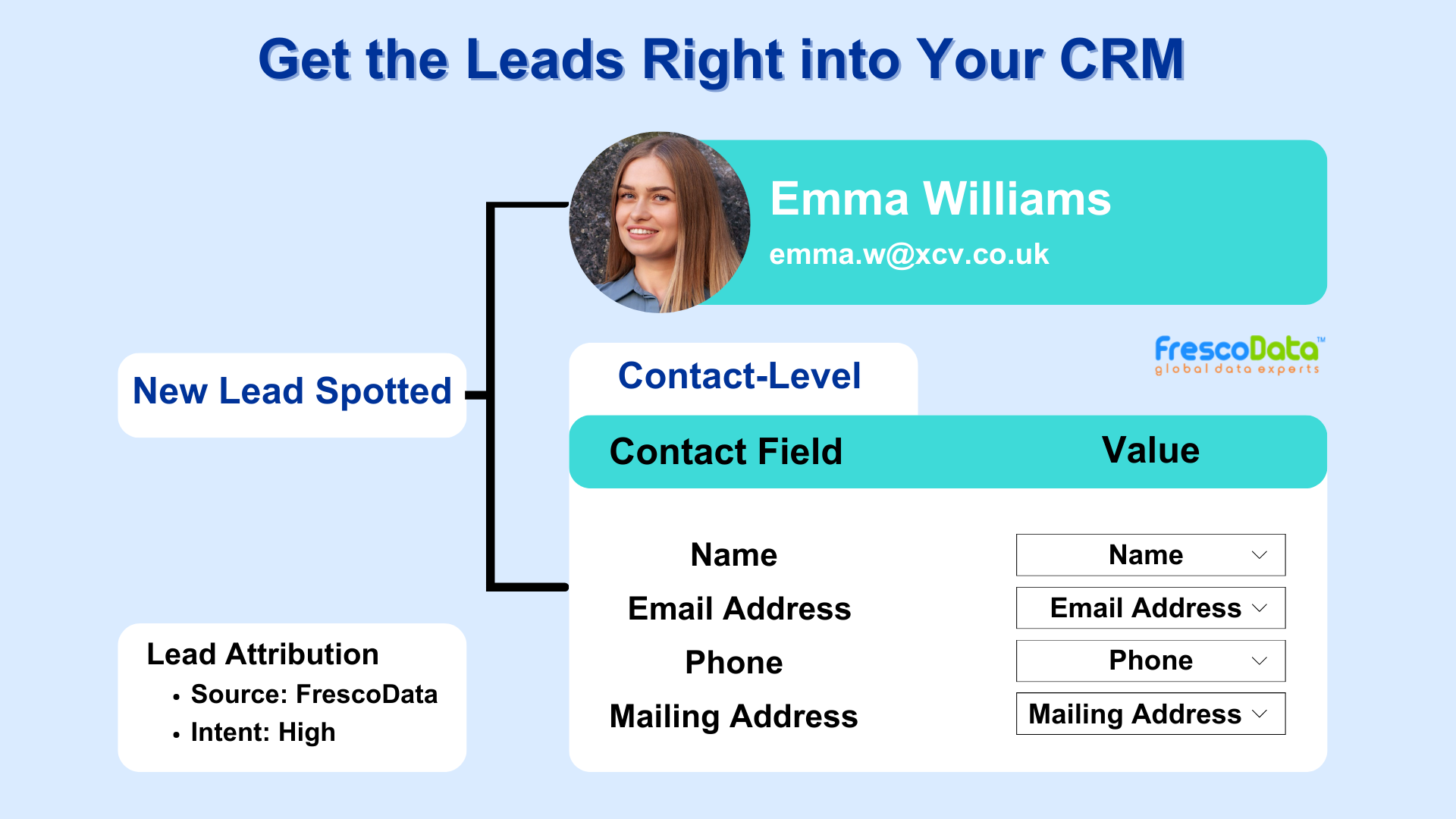-
Definition
-
Key Components
-
Three Stages
-
Continuous Momentum
-
Customer-Centric Approach
-
Feedback Loops
-
Holistic View of Marketing
-
Lifetime Value (LTV)
-
Advocacy and Referrals
-
Benefits
-
Customer Retention
-
Sustainable Growth
-
Efficiency and Effectiveness
-
Adaptability
-
Positive Brand Image
-
Reduced Acquisition Costs
-
Enhanced Customer Lifetime Value
What is Flywheel Marketing?
Flywheel marketing is a customer-centric approach to marketing that draws inspiration from the concept of a flywheel—a mechanical device that stores energy and gains momentum over time. In the context of marketing, the flywheel represents the continuous cycle of attracting, engaging, and delighting customers to drive growth. This model emphasizes the importance of customer satisfaction, retention, and advocacy as key drivers of business success.
Key Components of Flywheel Marketing

Three Stages
Attract: Focuses on attracting potential customers through various marketing channels and strategies, such as content marketing, social media, and advertising.
Engage: Involves engaging customers by providing valuable content, personalized experiences, and excellent customer service to build strong relationships.
Delight: Aims to exceed customer expectations, creating memorable experiences and turning customers into promoters who advocate for the brand.
Continuous Momentum
The flywheel model emphasizes the continuous and interconnected nature of the customer journey. Momentum builds as satisfied customers become advocates, contributing to further attraction of new customers.
Customer-Centric Approach
Prioritizes the needs and preferences of customers, recognizing that a positive customer experience is crucial for building a sustainable business.
Feedback Loops
Incorporates feedback loops at each stage to gather insights from customers, adapt strategies, and continuously improve the overall customer experience.
Holistic View of Marketing
Takes a holistic view of marketing by considering all customer interactions and touchpoints, both online and offline, throughout the entire customer lifecycle.
Lifetime Value (LTV)
Emphasizes the importance of maximizing customer lifetime value by retaining existing customers and encouraging repeat business, rather than focusing solely on acquiring new customers.
Advocacy and Referrals
Values customer advocacy as a powerful driver of growth. Satisfied customers are more likely to refer others to the brand, contributing to a self-sustaining cycle of growth.
Benefits of Flywheel Marketing
Customer Retention
Prioritizes customer satisfaction and engagement, leading to increased customer retention and loyalty.
Sustainable Growth
By building positive customer experiences and advocacy, the flywheel model aims for sustainable, organic growth driven by word-of-mouth referrals.
Efficiency and Effectiveness
Promotes the efficient allocation of resources by focusing on strategies that have a long-term impact on customer relationships and brand reputation.
Adaptability
Allows for adaptability and evolution of marketing strategies based on customer feedback and changing market conditions.
Positive Brand Image
Aims to create a positive brand image by consistently delivering value and meeting or exceeding customer expectations.
Reduced Acquisition Costs
As satisfied customers become advocates and refer new customers, the cost of customer acquisition may decrease over time.
Enhanced Customer Lifetime Value
By prioritizing customer delight and engagement, the flywheel model seeks to maximize the lifetime value of each customer.
Stay Updated
Recent Blogs

3 Reasons to Buy Email List
Are you hesitant to buy email list for your business? Some would say buying an email list ...
November 18, 2024
Sales Follow-up Email After No Response!
70% of sales reps don’t follow up with prospects after no response. (Source) Are you...
September 2, 2024
5 CTV Advertising Tips to Get The Most Out of It
Connected TV has opened up many interesting opportunities for advertisers, allowing them t...
August 27, 2024